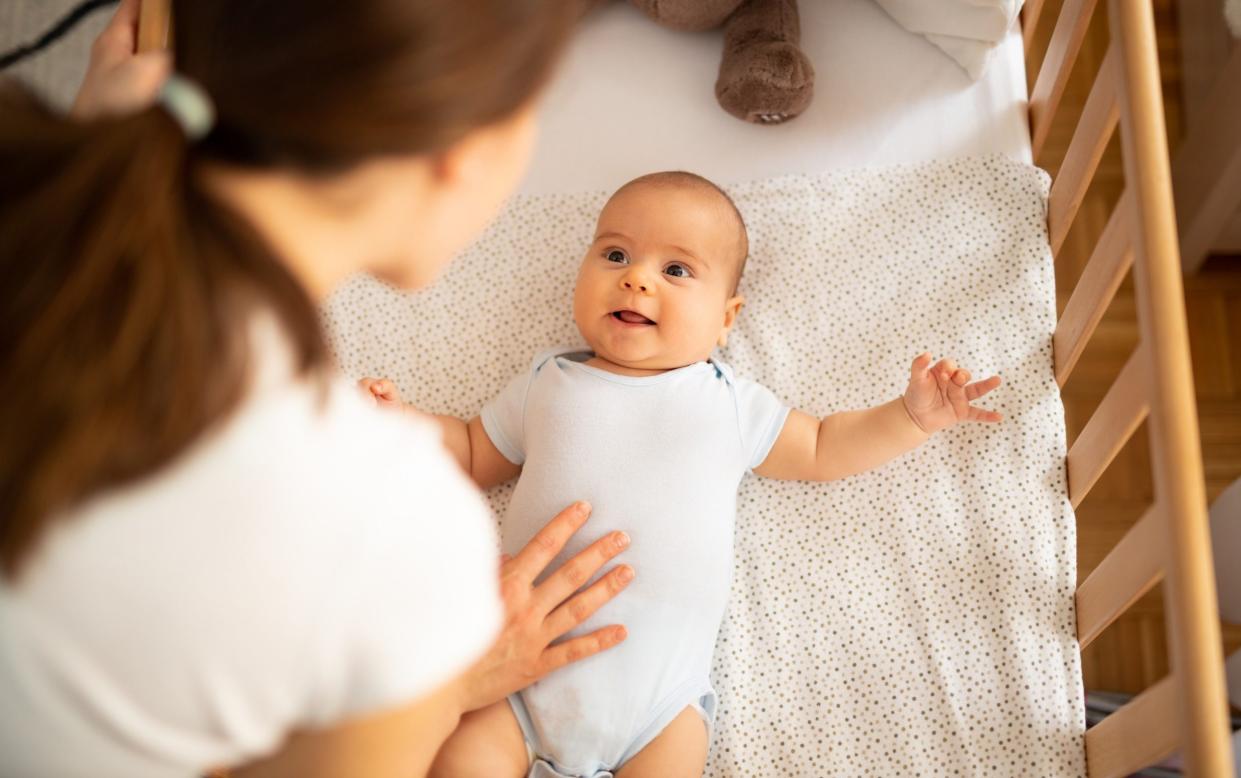Over half of women turn 30 without children, as later motherhood becomes the norm

More than half of women are childless by the age of 30, according to official figures which show later motherhood, or choosing not to have any children, has now become the norm.
The statistics show that for the first time, the majority of women enter their 30s without having started a family.
The Office for National Statistics data paint a stark picture of changes in fertility over the decades.
It is the first time there have been more childless women than mothers below the age of 30 since records dating back to 1920 began.
While 50.1 per cent of today’s 30-year-olds are childless, the most common age for those born in 1975 to give birth was 31 years. For the generation of baby boomers before that, born in 1949, the age was 22.
Amanda Sharfman, an ONS statistician, said: “We continue to see a delay in childbearing, with women born in 1990 becoming the first cohort where half of the women remain childless by their 30th birthday.”
She said the trends had been steadily rising for decades - and are likely to keep doing so.
“Lower levels of fertility in those currently in their 20s indicate that this trend is likely to continue,” she said.
Surveys have found that those planning a family often delay for years, as they seek to rise up the career ladder and buy their first home.
Watchdogs have said clinics should be more honest about the chance of motherhood as fertility declines.
Last year the new president of an all-female college at Cambridge University introduced fertility lessons to students, saying an emphasis on careers meant many women left it too late to have families, despite wanting them.
Dorothy Byrne, the former head of Channel 4 News, who had a child aged 45, said the seminars were designed to help women understand the dramatic drop in fertility after the age of 35.
Fertility experts have said schools should teach young girls about declining fertility, instead of focusing on messages about avoiding pregnancy.
The ONS data also shows the average number of children a woman has had by the age of 30 has been dropping since 1971, when it stood at 1.89. Last year, it fell to 0.89, its lowest ever level, showing the drop off in family sizes for people in their 20s.
Ms Sharfman said: “The average number of children born to a woman has been below two for women born since the late 1950s.
“While two-child families are still the most common, women who have recently completed their childbearing are more likely than their mothers’ generation to have only one child or none at all.”
'Vital' to educate young people on fertility
Dr Jo Mountfield, a consultant obstetrician and the vice president of the Royal College of Obstetricians and Gynaecologists, said it was vital that all young people were fully educated about fertility, so they could make informed decisions.
She said: “Over the last few decades, there has been a general trend of women choosing to have babies later than women a generation ago, and a growing trend of women having fewer or no children. This is due to a range of social, professional and financial reasons.
“Natural fertility starts to decline from around the age of 35 and while many women older than this have successful pregnancy outcomes, giving birth later in life is associated with an increased possibility of complications. These include potentially taking longer to get pregnant, fertility problems, increased risk of miscarriage and a more complicated labour.”
